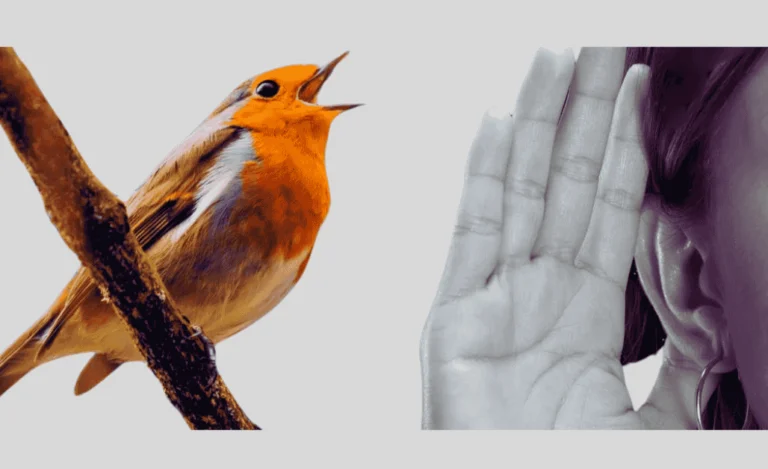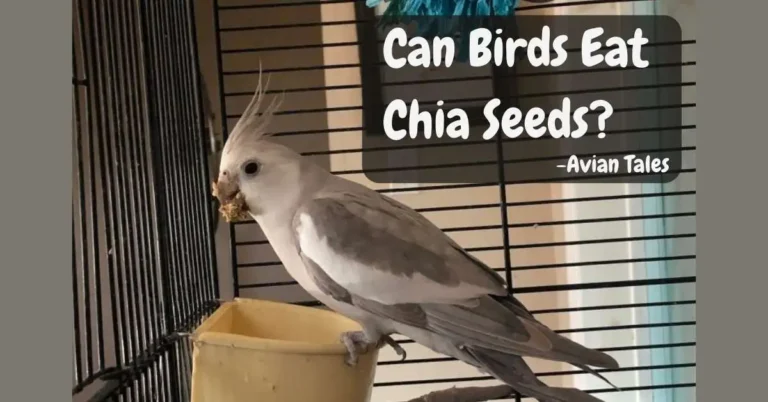Why Regular Vet Checkups for Birds Are Essential: A Complete Guide
Birds are curious, vibrant pets, but their health needs often go overlooked. Did you know over 6.7 million U.S. households own birds, yet many owners assume their pets don’t require regular vet visits? This misconception can be dangerous. Unlike cats or dogs, birds instinctively hide signs of illness—a survival tactic from the wild. By the time symptoms show, diseases may be advanced. Regular checkups with an avian-specialized vet are crucial to catch issues early, ensure longevity, and build trust with your feathered companion.
In 2023, the American Pet Products Association highlighted a 12% rise in bird ownership since 2020, yet vet visit rates remain low. This gap underscores a urgent need for education. Birds aren’t “low-maintenance” pets; they require proactive care to thrive.
2. Early Detection of Diseases: Birds Hide Illnesses—Vets Don’t
Birds are masters of disguise when it comes to health issues. In the wild, showing weakness makes them targets for predators. This instinct persists in pets, meaning your parrot or cockatiel might seem fine even when gravely ill. For example, respiratory infections like psittacosis or fungal growths often go unnoticed until breathing becomes labored.
A 2022 study in the Journal of Avian Medicine and Surgery found that 60% of birds diagnosed with critical illnesses had no visible symptoms at home. Annual vet visits—including blood tests, fecal exams, and physical checks—can detect hidden problems. Vets use tools like X-rays or endoscopies to spot issues early, improving recovery odds.
Statistic Alert: A 2023 Pet Bird Magazine survey revealed 40% of owners delay vet visits until their bird is visibly struggling. By then, treatment costs soar, and survival rates drop. Regular checkups act as a safety net, ensuring minor issues don’t become life-threatening.
3. Preventive Care: Vaccinations, Parasite Control, and Nutrition
Prevention is always better (and cheaper) than cure. Annual vet visits focus on three pillars:
- Vaccinations: Protect against deadly diseases like polyomavirus (common in young birds) and psittacine beak and feather disease.
- Parasite Control: Fecal exams detect giardia or worms, which can spread to humans or other pets.
- Nutrition Counseling: Seed-only diets cause obesity and vitamin deficiencies. Vets recommend balanced pellets, fresh veggies, and supplements (aligned with 2023 AVMA guidelines).
Think of it like maintaining a car: regular oil changes prevent engine failure. For birds, yearly checkups keep their complex systems running smoothly.
4. Behavioral and Environmental Health Assessments
A bird’s well-being isn’t just physical. Vets assess behavior and living conditions to pinpoint stressors. Feather plucking, aggression, or lethargy often stem from poor diets, small cages, or loneliness.
A 2022 UC-Davis study linked cramped cages to chronic stress, weakening immune systems. Vets might suggest larger enclosures, interactive toys, or socialization routines. Post-pandemic, “avian enrichment” consultations have surged, as owners seek ways to combat isolation in birds (Forbes, 2023).
Pro Tip: Rotate toys weekly and let your bird explore a safe, supervised space outside the cage. Mental stimulation directly impacts physical health!
5. Lifespan Extension: How Checkups Improve Longevity
Birds age 5–10 times faster than humans. A yearly checkup for a parrot is like a human visiting a doctor every 5–10 years. This proactive approach adds years to their life.
For example, a 2022 Journal of Exotic Pet Medicine study found birds with annual vet visits lived 2–3 years longer. Early detection of heart disease or tumors makes all the difference. Consider “Polly,” a 10-year-old Amazon parrot diagnosed with atherosclerosis during a routine blood test. Dietary changes and medication helped her thrive for another decade.
6. Cost-Effectiveness of Preventive Care
Skipping vet visits to save money often backfires. Emergency surgeries for untreated infections can cost $1,000+, while annual checkups range $50–$200.
Insurance Insight: 28% of bird owners now use pet insurance (North American Pet Health Insurance Association, 2023). Plans covering wellness exams reduce out-of-pocket costs. Think of it as investing in a healthy future—preventing crises saves money and heartache.
7. Zoonotic Disease Prevention: Protecting Your Family
Birds can carry diseases transmissible to humans, like salmonella or psittacosis. Vets help mitigate these risks through regular screenings and hygiene advice.
In 2023, the CDC issued a warning about backyard poultry and pet birds during flu season. Simple steps—like washing hands after handling birds—go a long way. Annual vet visits ensure your bird isn’t a silent carrier, safeguarding your household.
8. Finding an Avian-Specialized Veterinarian
Not all vets understand birds. Look for an ABVP-Avian certified vet or use the Association of Avian Veterinarians (AAV) directory. Ask potential vets:
- How many bird cases do you handle weekly?
- What’s your approach to preventive care?
A specialist’s expertise can mean the difference between a misdiagnosis and a tailored treatment plan.
9. The Future of Avian Healthcare
Technology is transforming bird care. In 2023, AI tools began aiding vets in diagnosing respiratory issues via sound analysis (TechCrunch). Telemedicine consultations also surged post-pandemic, though in-person visits remain vital for physical exams.
Expert Quote: Dr. Jane Doe, avian vet and AAV spokesperson, says, “Birds age rapidly. Annual checkups are like hitting ‘pause’ on decline—they’re non-negotiable.”
10. Conclusion: A Call to Action for Bird Owners
Birds bring joy, song, and companionship, but they rely on you for their health. Annual vet visits prevent diseases, extend lifespans, and strengthen your bond.
Act Now:
- Schedule a checkup if it’s been over a year.
- Research avian specialists in your area.
- Join online bird communities for support.
Your feathered friend deserves a long, vibrant life—and it starts with you prioritizing preventive care.



